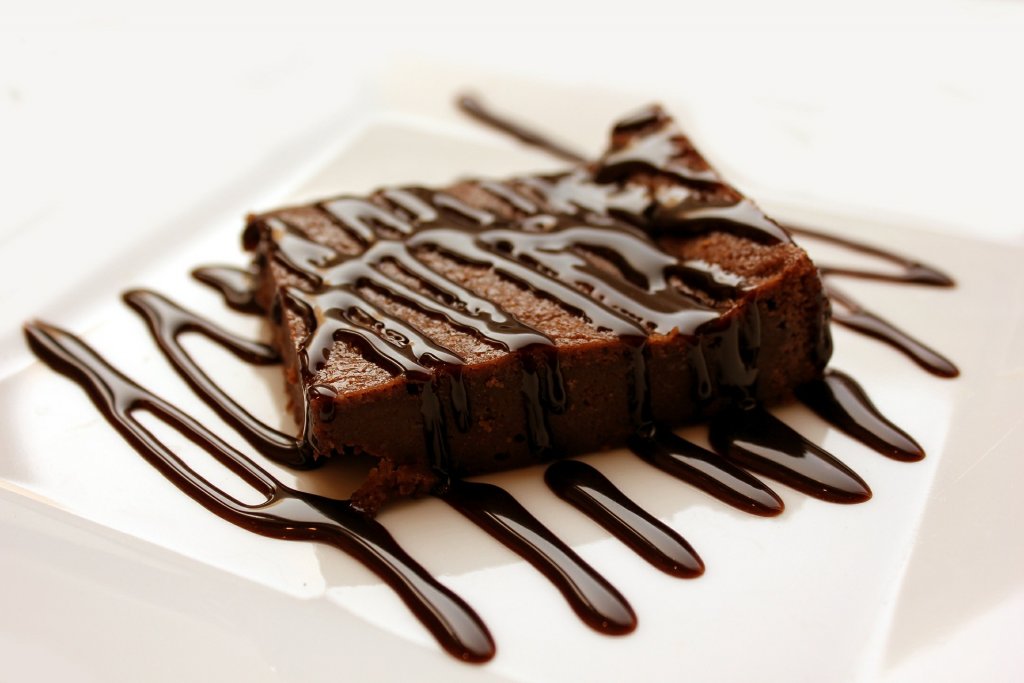
It was an absurd situation, but it had a serious purpose – cakes are zero-rated for VAT, but biscuits are not. Had McVities failed to prove that they sold cakes, they would have had to add VAT to the price of every pack of Jaffa Cakes. When McVities won the argument, you would be forgiven for thinking that was the end of the insanity. However, VAT’s specific classifications have meant that the issue reared its head again. A new “healthy brownie” was released by Pulsin’ Ltd, and after some deliberation was ruled to be a cake, not a confectionery.
The situation highlights both how absurdly specific VAT regulations are, and how difficult it can be to navigate them without significant resources. The recent case means that Pulsin’ Ltd can claim back up to £300,000 in VAT, but they had to invest a lot of time and money. For your average SME, however, VAT regulations can be a nightmare. If you don’t navigate the minefield of what qualifies for VAT and what doesn’t carefully (especially in the food industry, which makes up a significant number of SMEs) then you can end up with an unpleasant, unexpected tax bill. Even if you did have a viable argument for a product to be classified differently, most businesses have neither the time nor the funds to pursue that option.
With VAT moving to digital systems come April, and the decoupling from EU law that the future may bring, there is real opportunity for a serious overhaul of VAT regulations. We can only hope that HMRC takes advantage of the situation to make life easier for businesses everywhere.